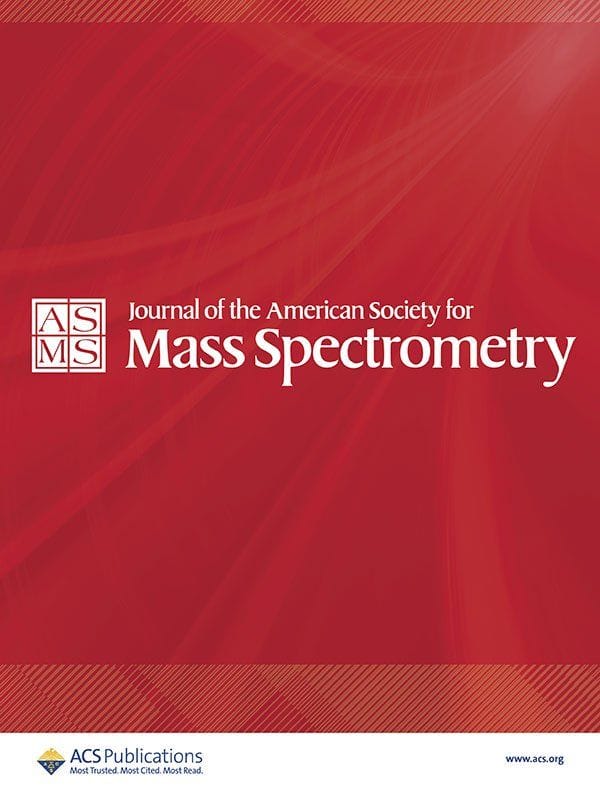In this interview, Professor Jennifer S. Brodbelt discusses what excites her most about her current research, opportunities and challenges in the field of mass spectrometry, and what she hopes to bring to the journal.

Professor Jennifer S. Brodbelt, of the University of Texas at Austin, USA, has been appointed as Editor-in-Chief of the Journal of the American Society for Mass Spectrometry (JASMS). She assumed her new role on February 1, 2025, and will build upon the legacy of success for JASMS, which is published in partnership with the American Society for Mass Spectrometry.
JASMS is a monthly, peer-reviewed journal that covers all aspects of mass spectrometry and other fields of scientific inquiry in which mass spectrometry can play a role, both in applications and fundamentals.
Read our interview below with Prof. Brodbelt as she discusses her vision and hopes for JASMS, what excites her most about her current research, and the many opportunities within the field of mass spectrometry.
What excites you about your current research?
What my research group and I find most exciting is developing new high performance mass spectrometry methods for solving biological problems. These are frequently structural problems, such as localizing a modification of a molecule or differentiating isomers. It is especially exciting when we can apply these methods to complex mixtures, showing that the new strategies are sufficiently robust to uncover insights into the most challenging heterogeneous biological samples. The best part of the research enterprise is when a group member develops and pursues an original idea and arrives at an exciting result.
What challenges did you have to overcome on your path to becoming who you are today?
Many of us in the academic community face similar challenges. The transition from student to PI can be somewhat abrupt without a lot of training in group management, grant-writing, program administration, teaching, or mentoring. There is a lot of on-the-fly learning, and one essential skill is time management.I think building and maintaining a functioning lab environment with motivated people is a never-ending challenge.
What opportunities in your field excite you the most?
It is exciting to see the advances in mass spectrometry that continue to emerge every year and how those advances are applied to incredibly complex biological problems. Every time I think that the field of mass spectrometry has finally hit a plateau there will be some sort of exciting breakthrough or novel application. There is still a lot of room for growth in mass spectrometry, whether increasing accuracy or resolution or sensitivity of the mass spectrometers themselves, or improving and expanding all the supporting methods that are essential, such as new separation strategies, more power informatics, and better sample preparation methods which are the foundation of all mass spectrometry measurements.
What do you think is the most interesting or important unsolved problem in chemistry?
I consider two of the most interesting and important problems are the origins of life and how brains store and access memories and information. Both of these problems have roots in chemistry but they also span many other disciplines.
What do you hope to bring to the journal as Editor-in-Chief?
With the support of great editorial and production teams and an enthusiastic mass spectrometry community, I hope to expand the impact of mass spectrometry science by highlighting new methods, innovative breakthroughs in instrumentation and workflows, and novel applications. It is important to share our science, allow it to inspire others, and provide a positive training ground for the next generation. Many of these things can be accomplished through a journal that has a fairly broad scope, aims to be inclusive, and serves as the communication platform for an active scientific community (the American Society for Mass Spectrometry). There will definitely be an effort to connect more with students, emerging investigators, and those who wish to expand their contributions as reviewers and authors.
What do you wish someone had told you when you were starting out as a chemist?
My history goes back a long ways, but at that time I wish someone had told me that I should learn more biological science and also develop proficient programming skills. Both of those skills are essential in modern biological-oriented mass spectrometry and greatly accelerate collaborations and communication with scientists in other fields.
Apart from chemistry, what are you passionate about?
Outside of my chemistry life and academic world, I am passionate about maintaining a healthy active lifestyle, particularly fitness and a healthy diet.
